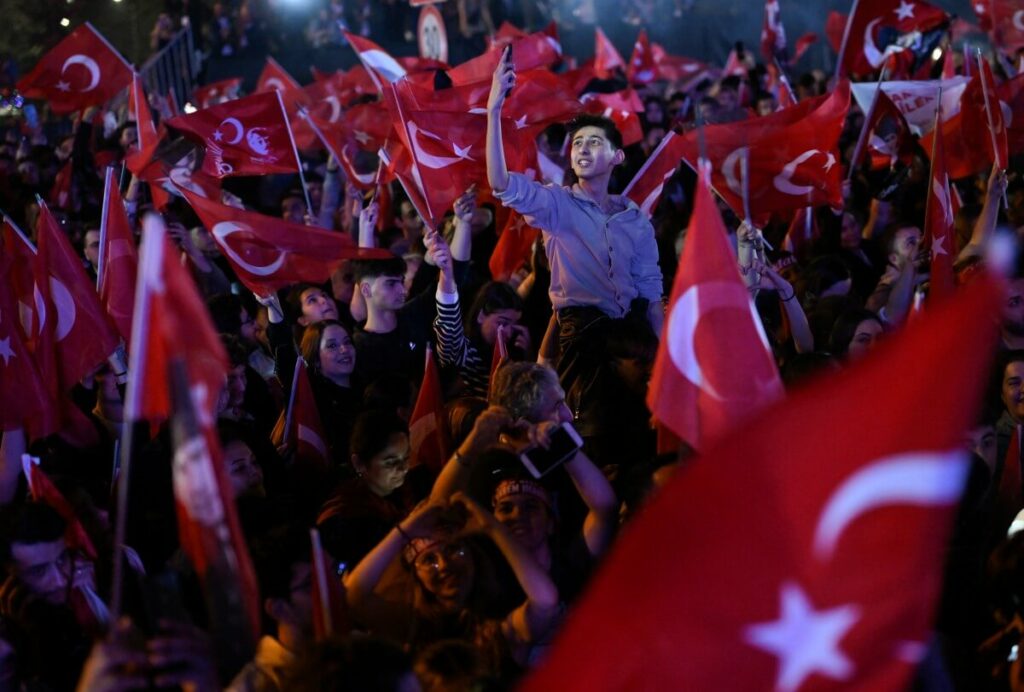Over 1.3 million supporters of the ruling Justice and Development Party (AKP) voted for the main opposition Republican People’s Party (CHP) in the March 31 local elections, according to a recent opinion poll.
The CHP emerged as the leading party for the first time in 47 years in the local elections, securing 37.7 percent of the vote, maintaining control of key cities and securing substantial gains in other regions, while the AKP, for the first time in 22 years, came in second, garnering only 35.4 percent of the vote.
The results of Metropoll’s “Turkey’s Pulse” survey for April were announced on Monday on X by Professor Özer Sencar, the owner of the company.
AKP 14 Mayıs milletvekili seçiminde aldığı oyun yaklaşık 6.4 milyonunu 31 Mart yerel seçiminde kaybetmiş. Bunun yaklaşık 1.3 milyonu CHP’ye, 1 milyonu da YRP’ye gitmiş. 3 milyonu da sandığa gitmemiş veya oyunu iptal etmiş. pic.twitter.com/evFVKzTEF3
— Ozer Sencar (@ozersencar1) May 6, 2024
According to the pollster, of the 18.6 million voters who supported the AKP in the 2023 general election, corresponding to 35.3 percent of the electorate, 12.2 million (23 percent) voted for the AKP again, while 1.3 million (2.6 percent) voted for the CHP; 1 million (2 percent) voted for the Islamist New Welfare Party (YRP); and some 450,000 (0.9 percent) voted for the Nationalist Movement Party (MHP), the far-right ally of President Recep Tayyip Erdoğan’s AKP in this year’s local elections.
A total of 500,000 AKP supporters voted for other parties (1 percent), while 3 million voters (5.7 percent) either did not go to the polls or cast invalid votes.
Support for both Turkey’s ruling-party ally and nationalist opposition parties saw a significant decline in the local elections following a campaign marked by less intense rhetoric compared to the run-up to the general election held last May.
One contributing factor to the CHP’s success in the election was the pro-Kurdish Peoples’ Equality and Democracy Party’s (DEM Party) decision to field its own candidates and refrain from forming an alliance with the CHP. This move prevented the ruling AKP from accusing the CHP of supporting terrorism and thus thwarted the governing alliance, including the MHP, from increasing its votes by using nationalist rhetoric.
Pro-Kurdish party members or politicians in Turkey are frequently accused of having links to the outlawed Kurdistan Workers’ Party (PKK), which has been waging a bloody campaign in Turkey’s southeast since 1984 and is listed as a terrorist organization by Turkey and its Western allies.

